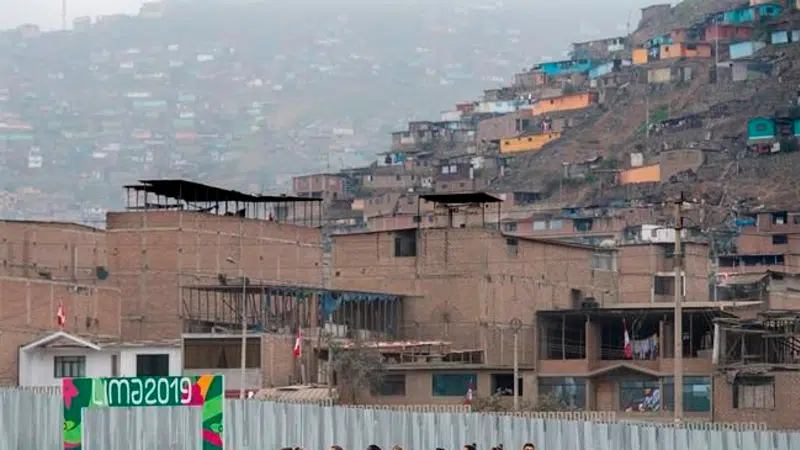
From oceanside beauty to true favela grit, Lima Pan Am Games offers a mixed bag
LIMA, Peru — If the bumpy ride along the pothole-laden roads to the Villa Maria Del Triunfo sports complex doesn’t get your attention, the intensity of the surroundings once you step out of the vehicle will.
Surrounded by a bustling favela on the outskirts of Lima, the facility was built in the heart of an impoverished neighbourhood. It’s home to several events on the Pan Am Games program including rugby sevens, baseball and field hockey.
“It’s a little bit different but what a great backdrop,” said Canadian women’s rugby sevens assistant coach Morgan Williams. “You look around and it’s a different world.”
Multi-coloured shacks pepper the hills overlooking the rugby pitch. Stray dogs roam around looking for scraps of food. An imposing fence lines the venue’s perimeter.


